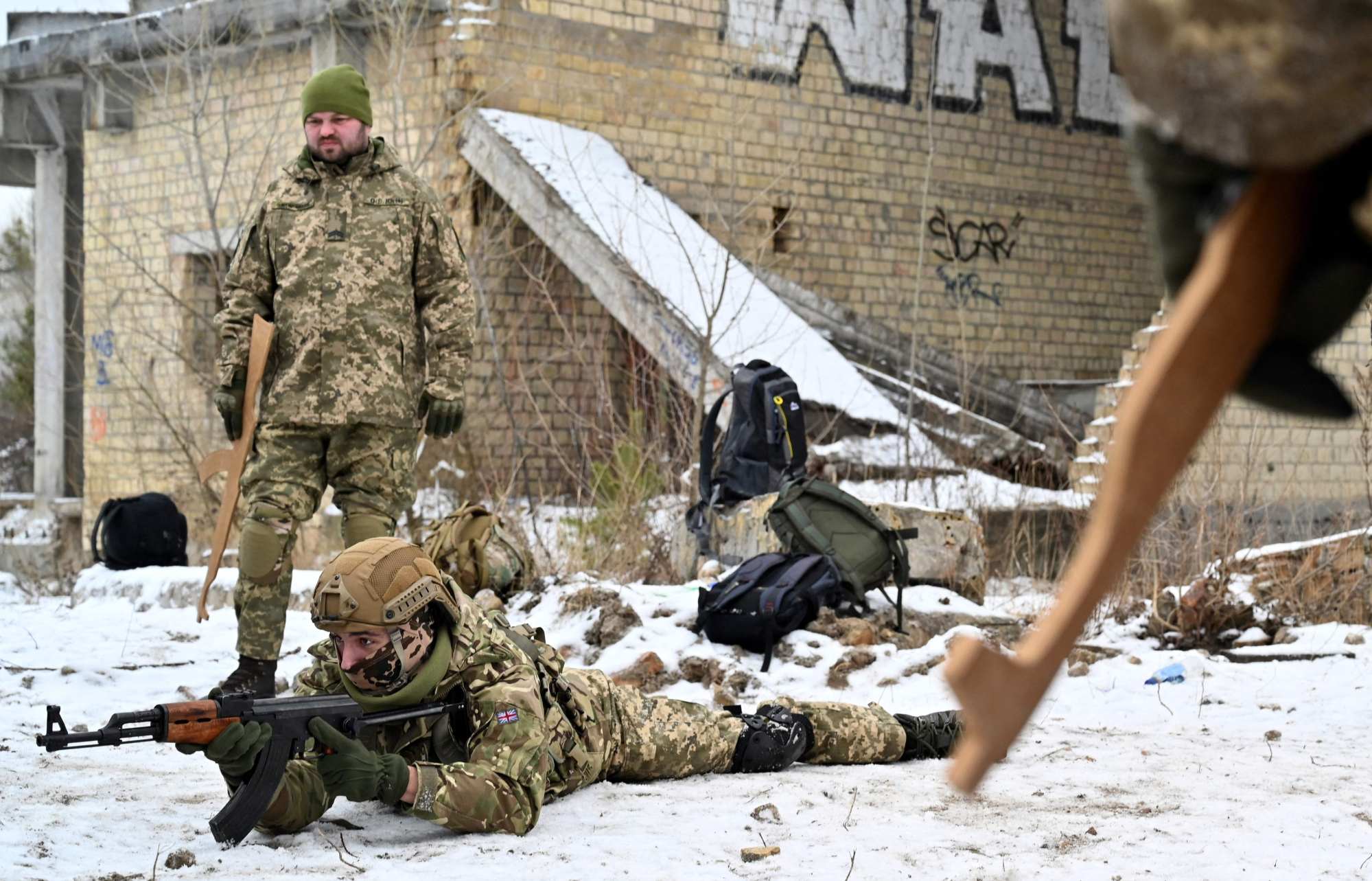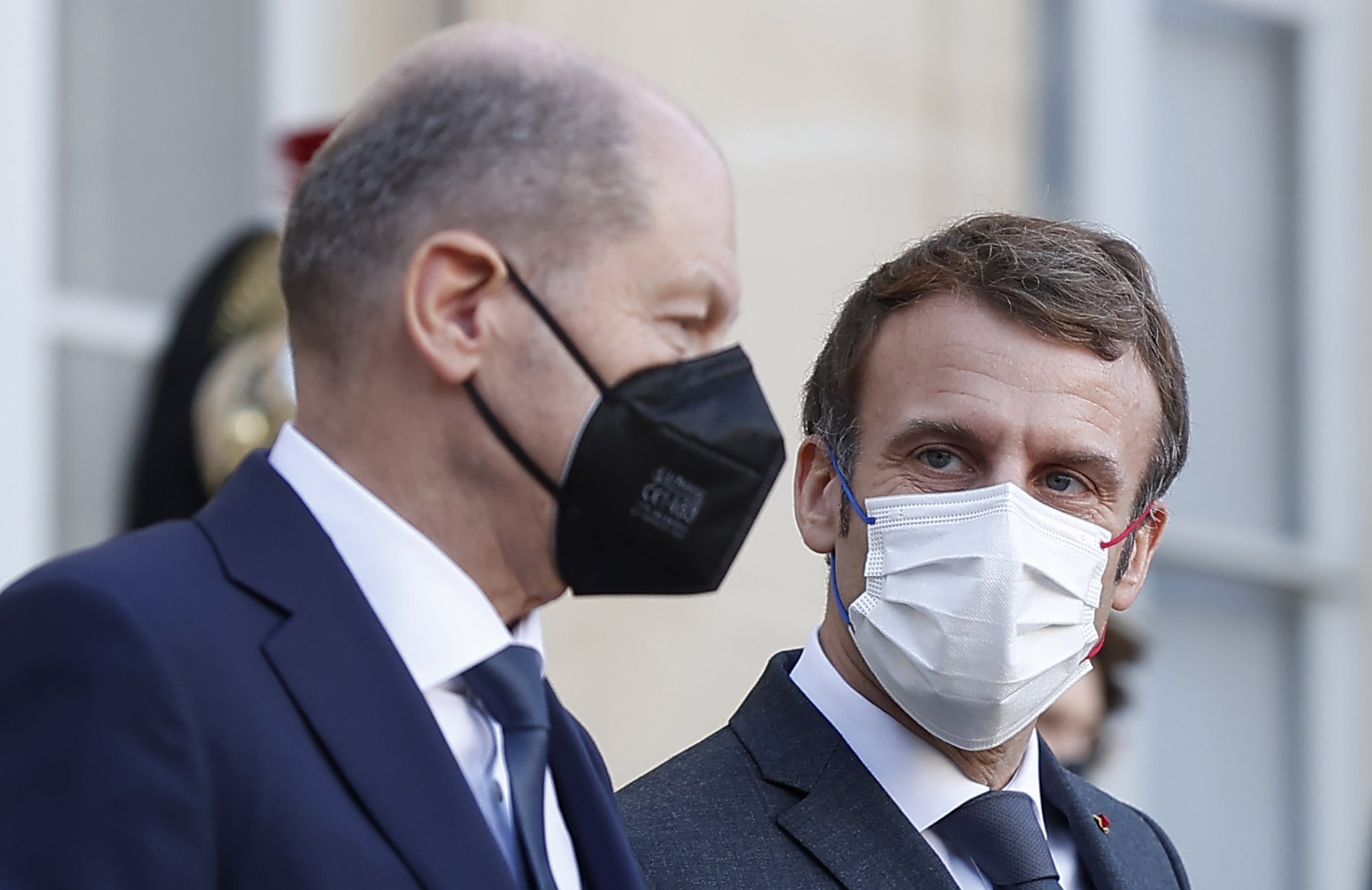
The Ukraine-Russia crisis is no longer the US’ problem in a world of rising regional powers
- While US-Russia talks may ease fears of a Russian invasion of Ukraine, the two sides fundamentally disagree on how security should be managed in the region
- As the world moves away from a US-dominated power structure, perhaps Washington should step back and let Europe take care of itself
However, like previous talks and initiatives, a lasting agreement is unlikely to be reached in 2022 because the underlying issue – the lack of an agreed Eastern European security architecture – remains a point of significant discord.
Crudely, a security architecture is “a system of norms, practices, relationships, alliances and institutions constructed or developed by nations to address, enhance or ensure international and/or regional security”. In other words, it is an arrangement on how the security of a particular region should be managed.
The main Western players in this security dilemma – the US and EU – see Eastern Europe as a region for Western engagement. Indeed, after the collapse of the Soviet Union, the European Union and Nato expanded eastward and created something of a material and ideological hegemony in the region (with Russia and Belarus defiant resisters).
Conversely, for Russia, Eastern Europe is a highly sensitive security setting which cannot be dominated by the West. It sees the area as not only geographically close to Moscow but is also culturally, linguistically and historically linked to the Russian civilisation.
Ukraine, for what it is worth, tends to agree with the Western viewpoint and believes it should be free to chart its own course – most notably pursuing membership in the EU and Nato. However, Russia has punished it continually for this and, in doing so, has shown that it is prepared to pay a higher cost than either the US or EU.
This is one in which the US remains the top dog, but other players are more influential than previously.
This time, there will be no bipolar global contest for supremacy but, rather, localised contests for influence between the US and different regional powers.
Eastern Europe, with Ukraine as the epicentre, is one notable flashpoint due to Russia’s revisionist aims there. The various regions of the Indo-Pacific super-region are other (potential) flashpoints.

Yet, Europe should not be the US’ problem and its continued presence there is not only somewhat paternalistic (which creates dependence), it also distorts the power dynamics of greater Europe, making Eastern Europe an unstable corridor.
The potential for Europe to develop its own strategic autonomy should not be dismissed as a pipe dream. French President Emmanuel Macron has spoken of a desire for an EU army and even of pursuing rapprochement with Russia.

Ultimately, Washington should encourage such a move. However, it seems the US has not moved on from its “unipolar moment” and still believes it needs to be at the forefront of global security challenges – a kind of strategic narcissism.
Certainly, belligerent revisionists like Russia deserve blame and criticism for pursuing zero-sum regional policies which threaten smaller countries. But the sad truth for Ukraine is that the US is not prepared to pay the same price when tensions turn to violence.
In fact, half-hearted US support in distant countries – evidenced by Ukraine – ultimately breeds more insecurity than security.
Thus, the US needs to find pragmatic ways of balancing the growing demands of revisionists like Russia with its own (evolving) interests, rather than blindly attempting to maintain the status quo. It is not only in its long-term interest, but also in the interests of most parties involved in such regional dilemmas.
Nicholas Ross Smith is an adjunct fellow at the University of Canterbury, New Zealand


